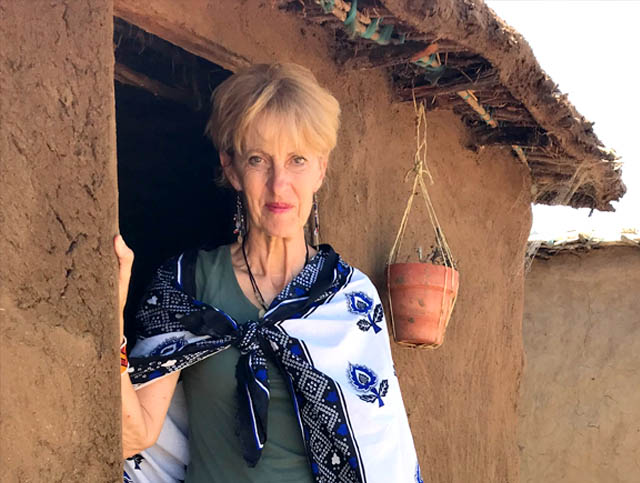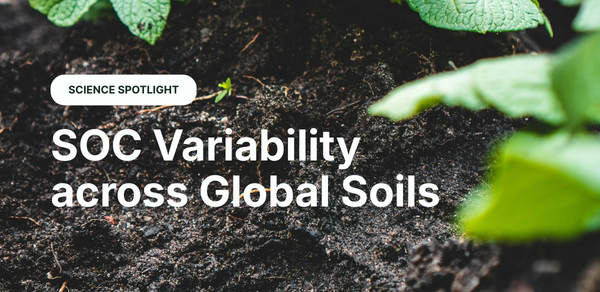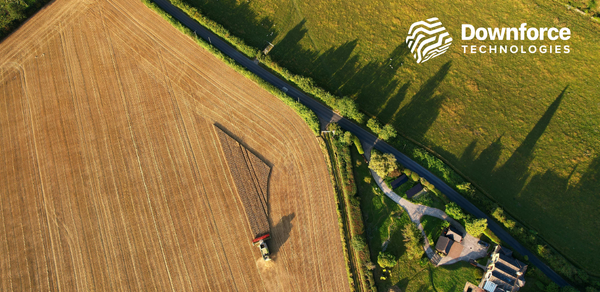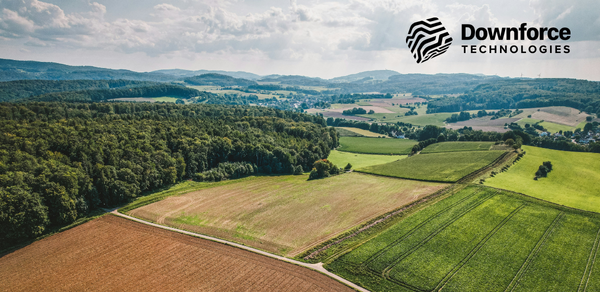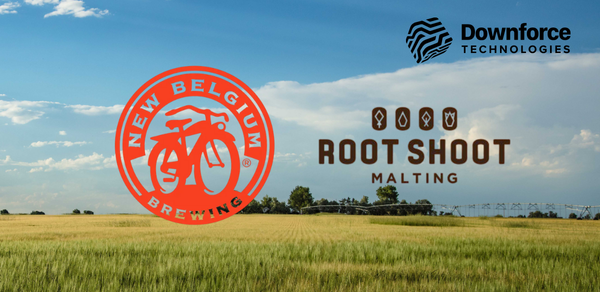Building a platform to change the world: Interview with Professor Jacqueline McGlade, Co-Founder and Chief Scientist, Downforce Technologies
Jun-23-2023
Downforce Technologies’ Co-Founder and Chief Scientist, Professor Jacqueline McGlade, is one of the world’s leading authorities on how data can be used to understand natural capital and build an equitable and sustainable future.
During her career she has spearheaded environmental science programmes at the highest level, serving as Chief Scientist of the UN Environment Programme and Executive Director of the European Environment Agency.
Awarded the UN Global Citizen Award in 2013, the citation reads that Jacqueline has a “fervent belief in the value of collecting and integrating environmental information at local, national and global levels, and her drive in creating the means to share that information with the global community, especially citizens, means our planet has a better chance of surviving the environmental challenges ahead.”
This belief and Jacqueline’s experience are instrumental to Downforce’s success. Here she outlines the vision which underscores the proposition and explains why it is so important and timely.
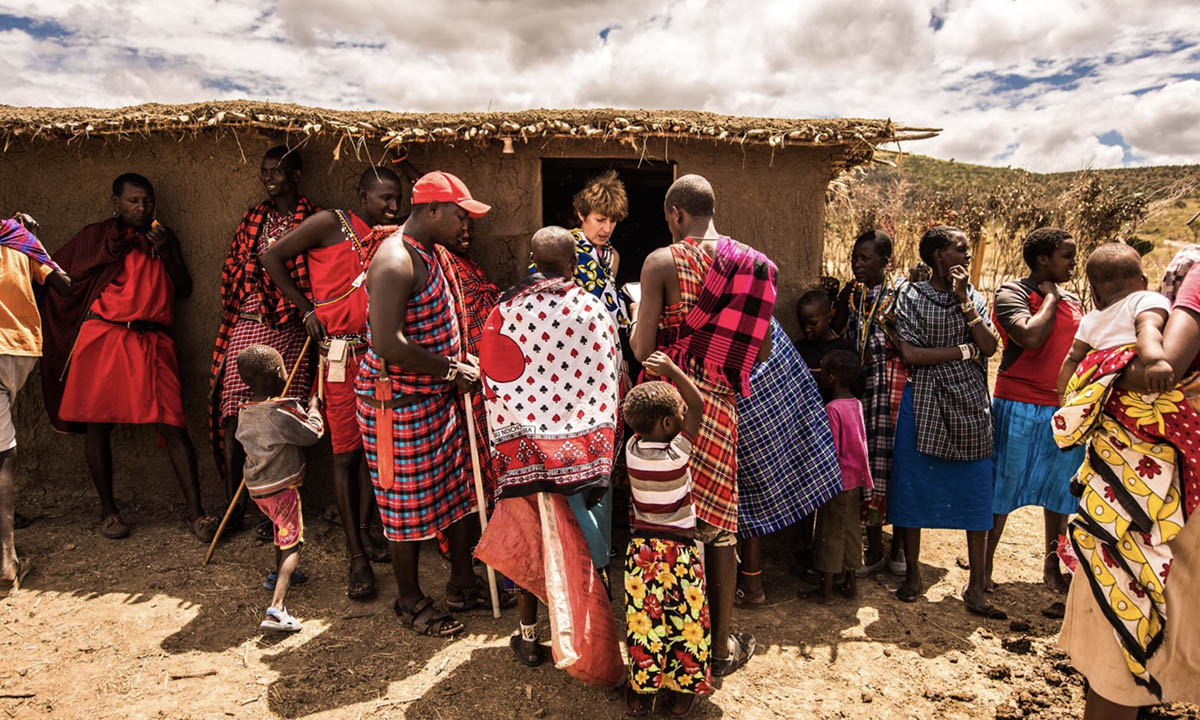
Why did you decide to found Downforce Technologies?
On leaving the UN, one of Downforce’s first investors asked what I would invent if I was given funding to change the world, and for me there was a clear answer. Having dedicated my career to bringing evidence about the real-world into the design of policies and actions, I saw we could do so much more to solve the world’s most critical challenges by deploying the publicly available data already at our fingertips.
Over 40 years, I saw that nature-based solutions could solve many of the problems created by climate change. And during the time I spent at the UN, the interconnections between nature and human survival were embedded in international commitments.
But there was still a misplaced assumption that nature would fix the problems of climate so we could carry on with business as usual without any need for accelerated action or investment. My own conclusion was that we needed to act quickly if we were to get the planet back on track - we neither had the time nor the luxury to collect vast amounts of data.
I saw that by coupling the data we already had with advanced and innovative analytics, we could build information systems that would help us make better choices about the nature-based solutions most likely to succeed. We would also be able to accurately measure and monitor the impacts of different interventions and provide valuable insights about their efficacy for improving ecosystem health and prosperity.
Living with the Maasai in Kenya, I also saw firsthand how such an approach could provide affordable and ethical solutions for safeguarding livelihoods. This is especially crucial given the devastating effects of the Covid-19 pandemic, which caused tourist revenues to be more or less eliminated.
By making best use of the type of approach I was proposing, I could see how to develop ethical and effective nature-based climate projects that would help communities benefit from the growing market for carbon and biodiversity credits.
With the market for climate credits predicted to be worth upward of $50 billion by 2030, such a solution could help lift generations out of poverty, while simultaneously helping global progression towards Net-Zero.
To work, it would mean harnessing the best science, assimilating all the relevant and freely available data, unlocking the knowledge held by communities and project proponents, and building a system that was both ethically acceptable and operationally effective. That is why I founded Downforce Technologies.
How did your experience shape Downforce?
The ability to interpret and apply data to solve problems at scale has been fundamental to every role I’ve held.
As part of my PhD in aquatic sciences and zoology, I examined the critical importance of spatial dynamics in determining the evolutionary divergence and ecological sustainability of freshwater and marine fish populations.
I then spent 20 years working on spatial analytics with some of the world’s leading mathematicians and scientists, uncovering ways to detect and monitor changes in a wide array of species and ecosystems at fine to global scales and from the polar regions to the arid interiors of our continents.
This ability to understand the complexity of the living world on both a granular and global level is the foundation of what Downforce offers.
Having been involved in developing different geospatial sensors and satellite technologies, I knew how much data was being made available by national and international agencies - but also its limitations.
My own experience taught me that we needed to couple these data with local measurements to understand the context and causality of change. At Downforce, we use different data fusion and analytical techniques to build functional classifications of the land wherever we are working.
This approach allows us to accurately model how the natural capital at 10m x 10m resolution has changed over the past six years, and what might happen in the near future.
Natural capital is core to Downforce’s offering because it allows us to account for the flows of carbon and other elements through the world’s ecosystems. While I was Executive Director of the European Environment Agency, I took the opportunity to push for the introduction of natural capital accounting and continued this work while at the UN. Governments agreed to its inclusion in the national system of accounts in 2021, which is why the natural capital accounting framework is central to Downforce’s work.
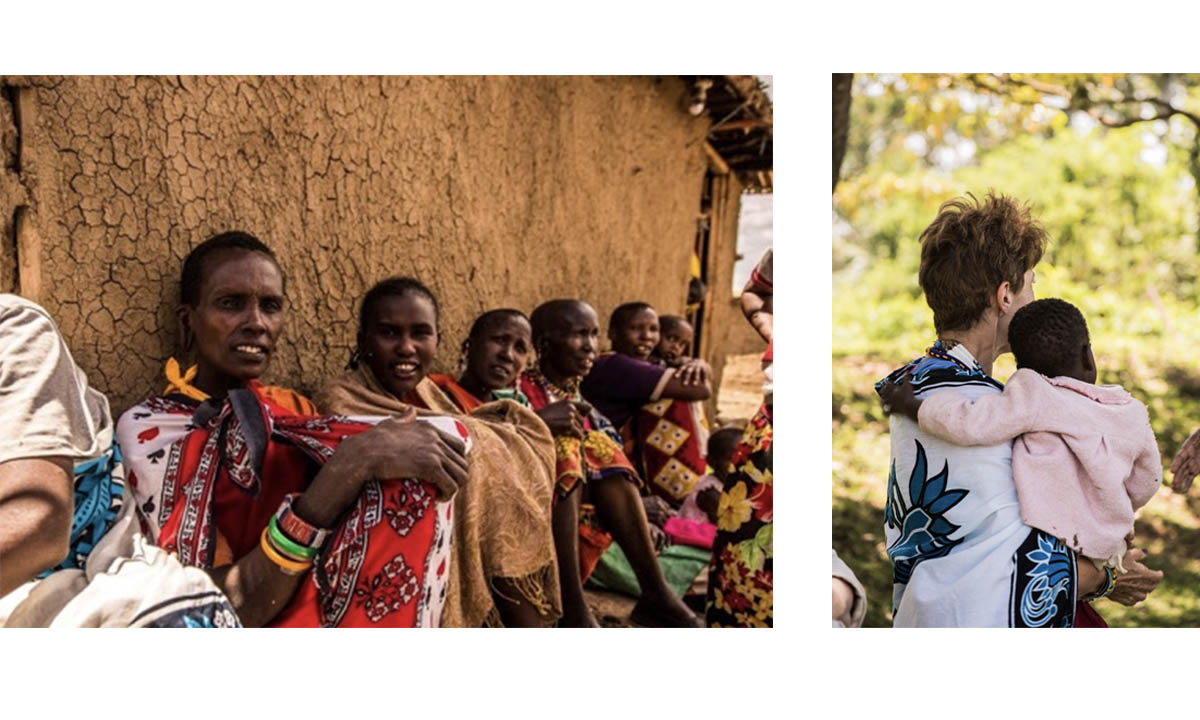
Why is now such an important time to launch Downforce Technologies?
With the climate crisis at the forefront of the global agenda, governments and businesses are rightly looking at how they can reduce emissions and progress towards their sustainability goals.
Environmental, Social and Governance (ESG) investing and reporting is therefore becoming increasingly important for large businesses, with a growing emphasis on reducing scope 3 (indirect) emissions. However, despite positive intentions, measuring the impact of carbon offsetting has at best been challenging, and at worst, beset by scandals and false claims by offsetting providers.
Downforce takes the view that it is vital for organisations and land stewards to establish an accurate carbon baseline. They can then test whether their interventions and long-term strategies are helping reduce greenhouse gas emissions or enhance removals along entire supply chains.
In the wake of allegations against some of the best-known project developers, it is crucial for companies and governments to have measurements they can trust. At Downforce, we’re focused on demonstrating outcomes and letting the science speak for itself.
With our outcomes-based analytics, we can clearly show the potential and impact of different land management practices on carbon sequestration. And because we can measure and monitor soil health from local up to continental levels, we are able to fully assess soil degradation and develop soil restoration strategies.
The race to Net-Zero is just one of the areas where Downforce’s analytics can make a difference. Another is addressing the challenge of food insecurity and hunger.
One-in-10 people worldwide suffer from hunger, while nearly one-in-three people lack regular access to food. To address this challenge, the UN is seeking to double the agricultural productivity and incomes of small-scale food producers by 2030, while simultaneously ensuring “sustainable food production systems”.
By providing farmers and land stewards with a highly accurate - and cost-efficient - means of assessing natural capital, Downforce makes it possible to implement sustainable farming practices designed to increase productivity and production.
Communities, in particular those in impoverished regions, are already benefiting from Downforce’s data to gain access to new revenue streams and financing opportunities.
At Downforce, we aim to give businesses, land stewards and governments the information they need to make the right decisions in the right places and thus safeguard our planet, our livelihoods and our future.
Back To News
